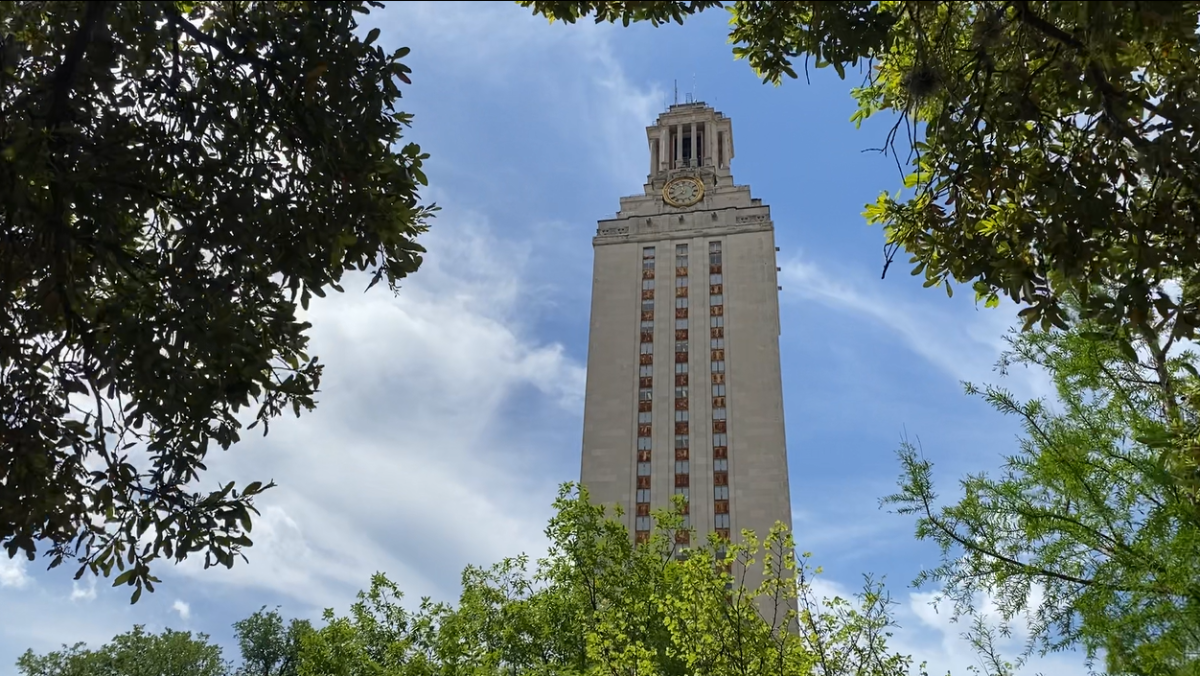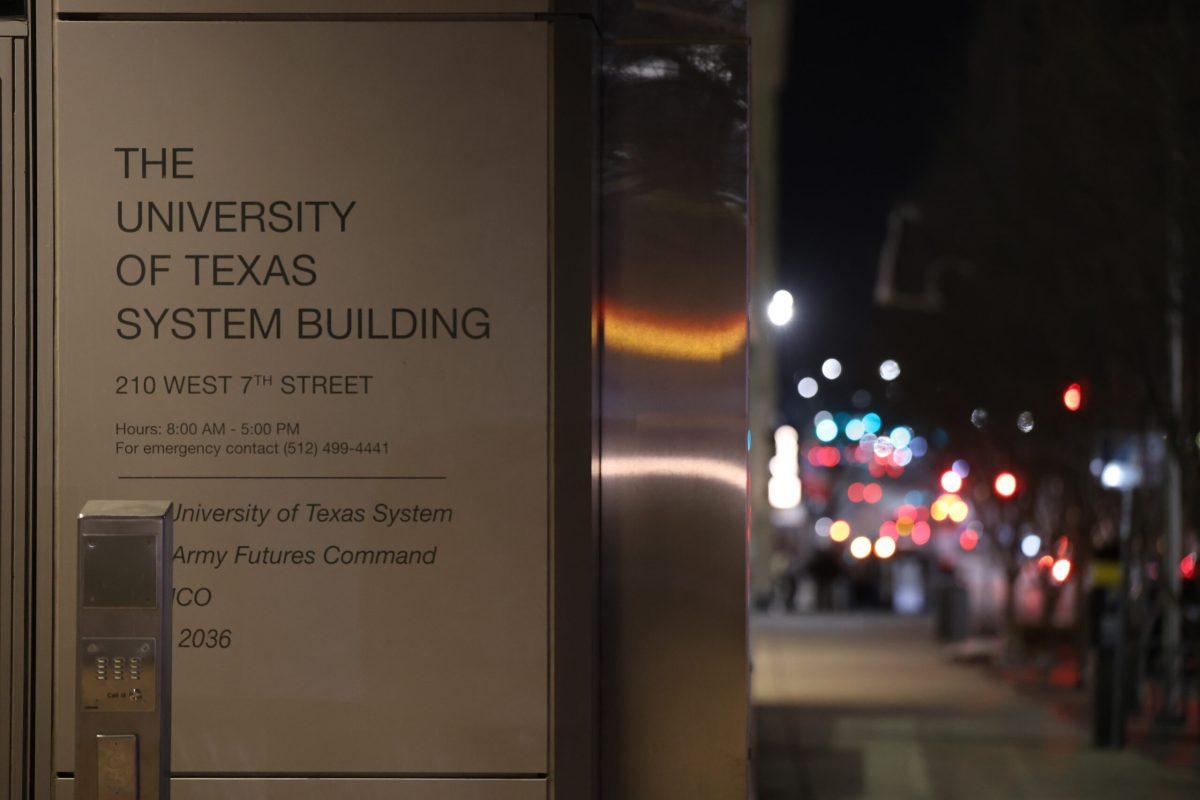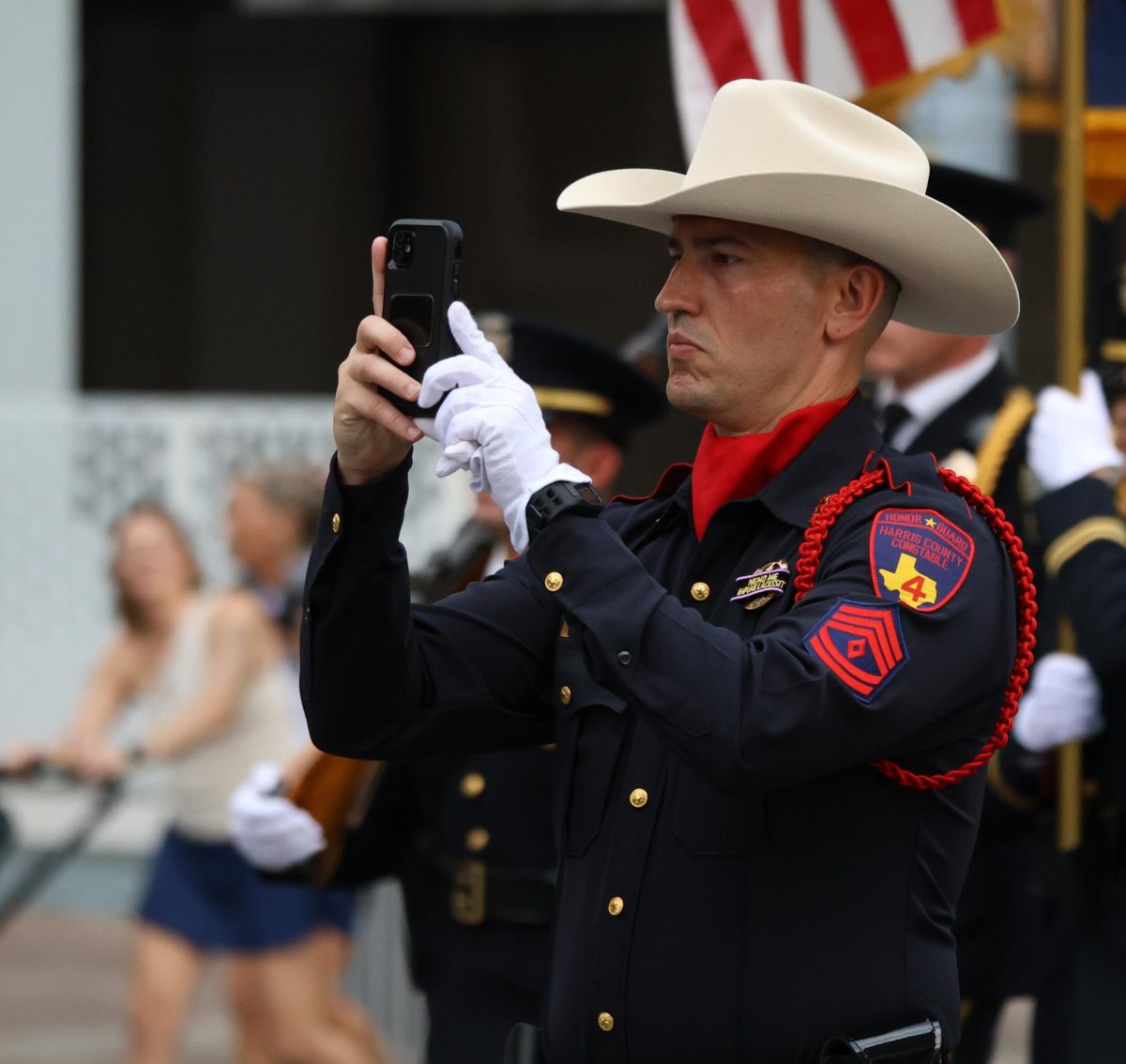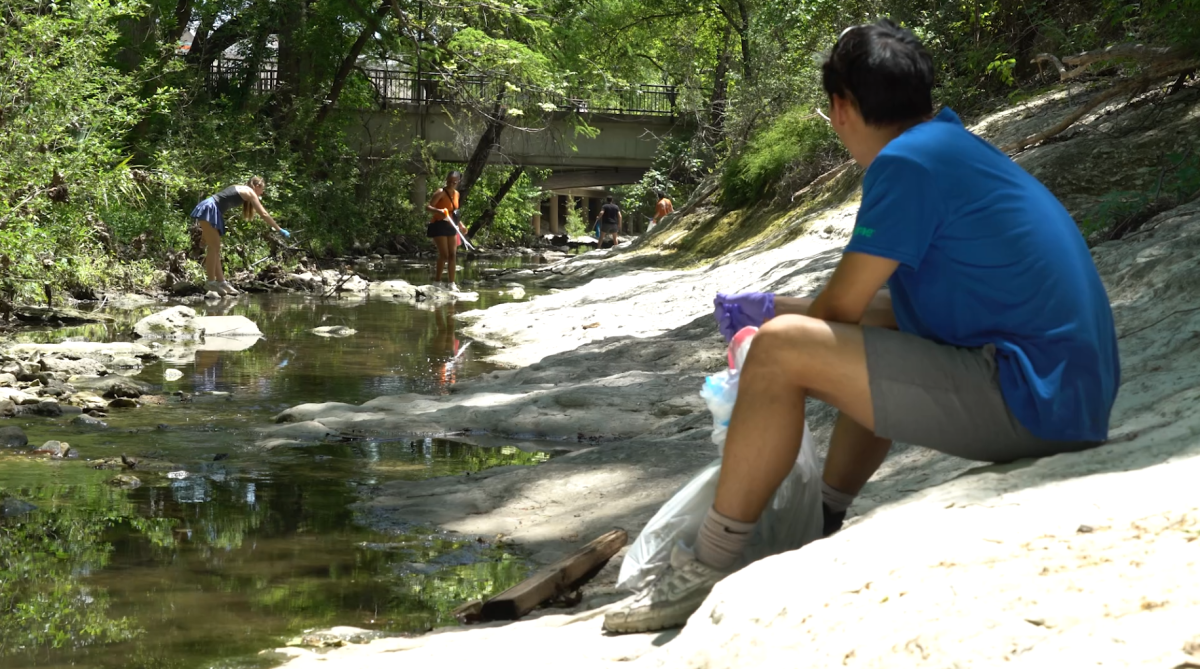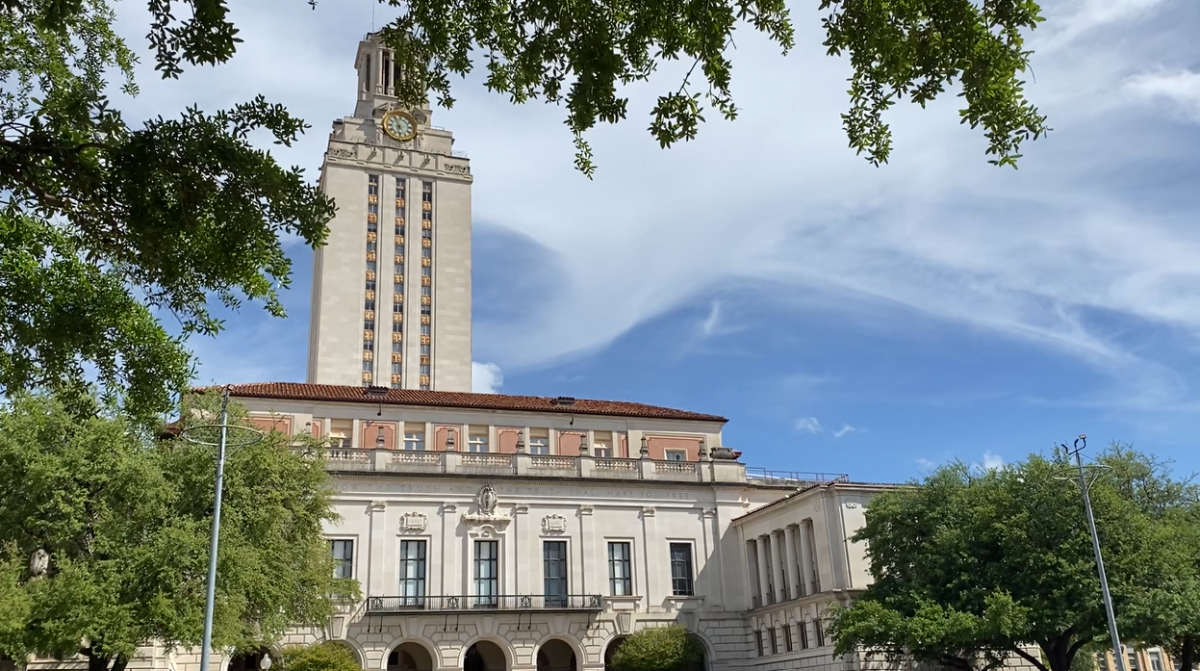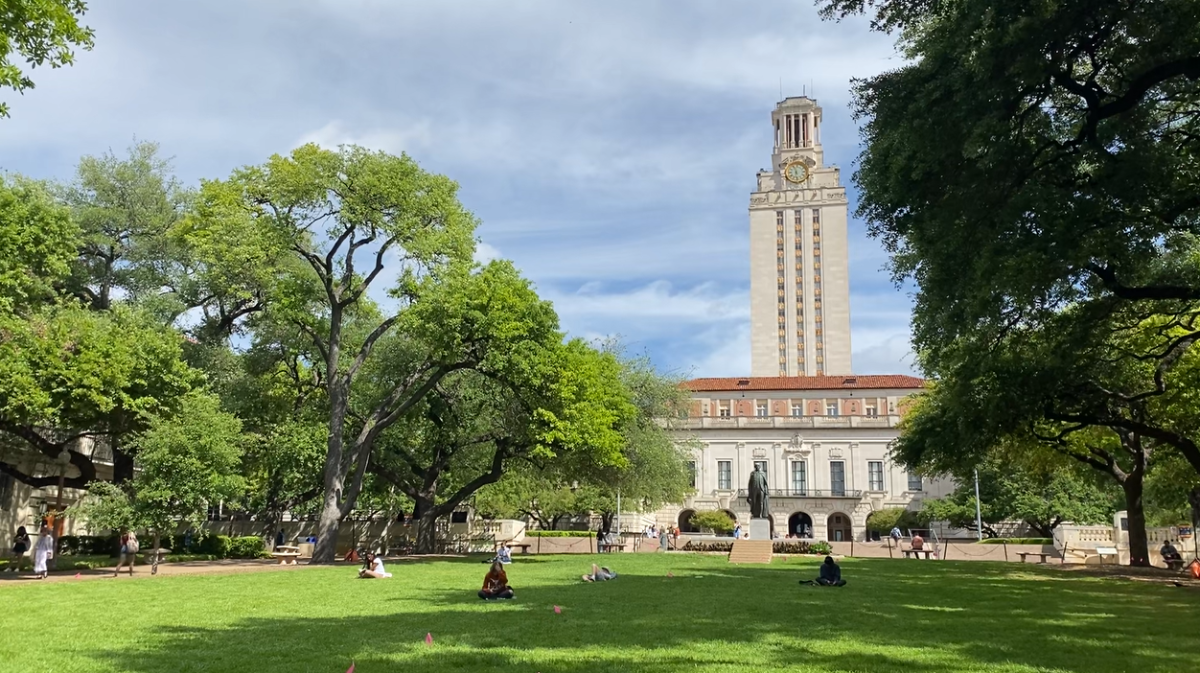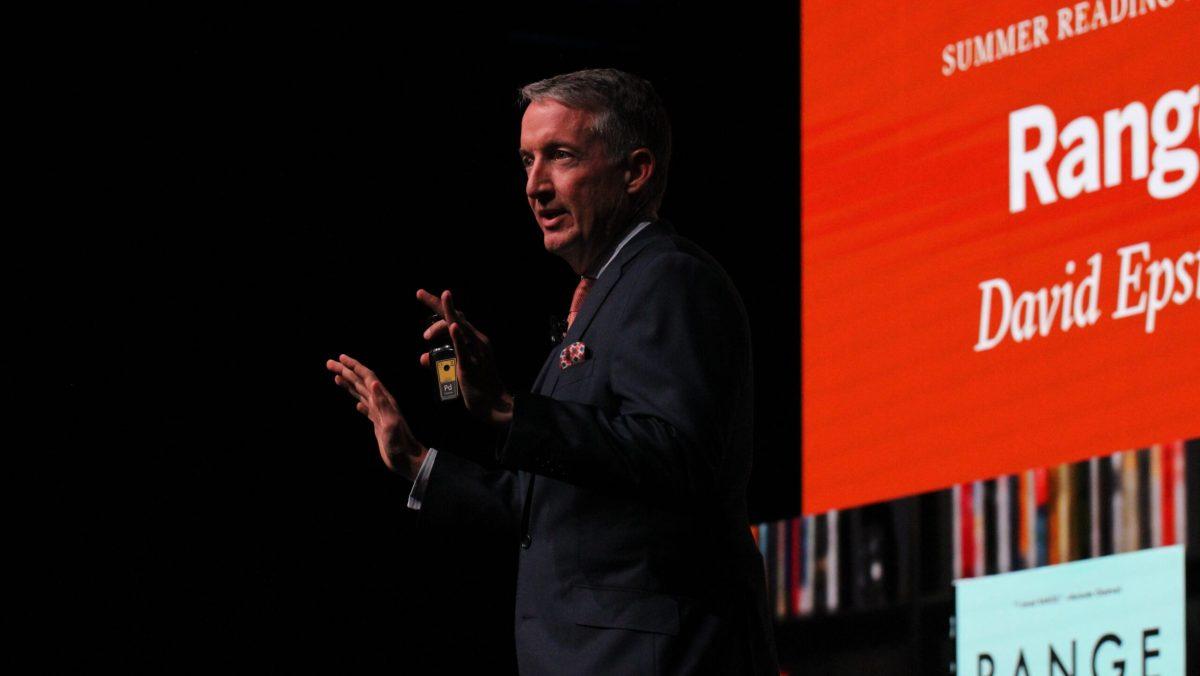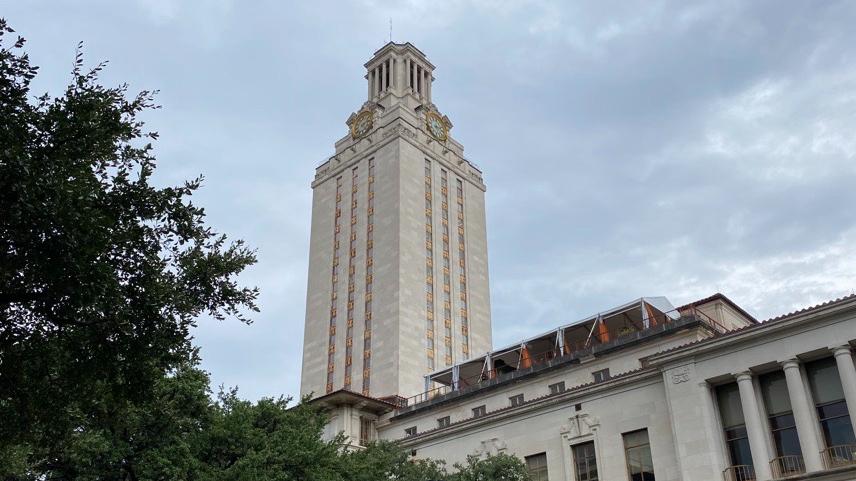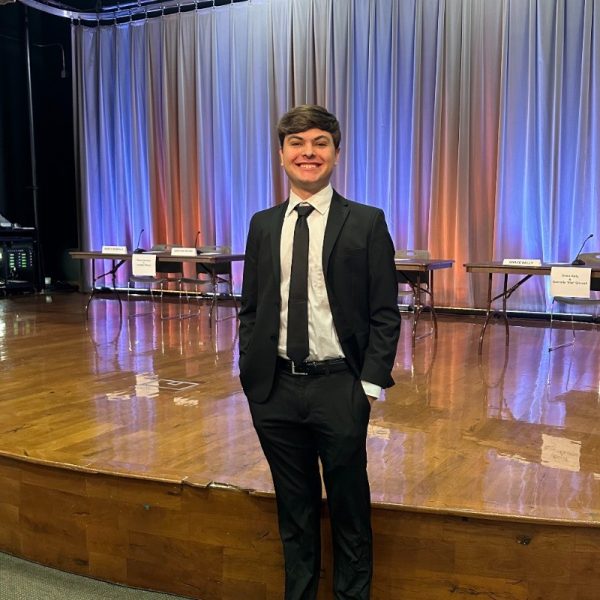A mariachi ensemble, an a cappella group and a percussion ensemble took the stage at Hogg Memorial Auditorium Saturday as part of TEDxUTAustin’s eighth annual conference.
The conference featured eight speakers, 13 showcase groups and more than 30 artists — including members of the UT community — presenting content centered around this year’s theme, “What Now?”
“The entire purpose is just to bring the TEDx mission right here to Austin because TED is a broader more international organization and their entire catchphrase of ‘ideas worth spreading’ can be very communal,” said Naimisha Vunnam, president of TEDxUTAustin and public health senior.
According to the TEDxUTAustin website, this year’s theme was largely inspired by today’s rapidly changing world, encouraging attendees to recognize areas of importance while also enacting change.
TEDxUTAustin is student-led and consists of 36 members across eight committees. TEDx conferences are locally and independently run, while TED conferences are directly facilitated by TED.
Standing for Technology, Entertainment and Design, TED is an international non-profit media organization “that believes powerful ideas, powerfully presented, move us: to feel something, to think differently, to take action,” according to the TED website.
Vunnam said the conference was launched to connect the university with the broader community.
“As you can tell from our audience, there’s people that are clearly students but also clearly not, so it’s just a good way to bridge that barrier in my opinion,” Vunnam said.
This year’s conference featured a student speaker, public relations senior Joshua Bedingfield, Vunnam said. Bedingfield shared his personal experience as a cancer caregiver and discussed the emotional toll of caregivers and the impact on family members.
“Having a terminal sister, I soon learned that being on the team to support someone as they face cancer is difficult,” Bedingfield said.
He emphasized the importance of strong support systems for cancer patients.
“My sister was originally given six months to live at age 20, yet she survived nearly three years with brain cancer,” Bedingfield said. “Yes, she tried many new drugs, but I believe her commitment to feel normal and the social support around her is what truly gave her more time.”
Speakers covered a range of topics, from the protective power of love on the brain to the power of listening as a tool to create change. The conference concluded with an art gallery and live music in the Texas Union’s Shirley Bird Perry Ballroom, which was open to the public.
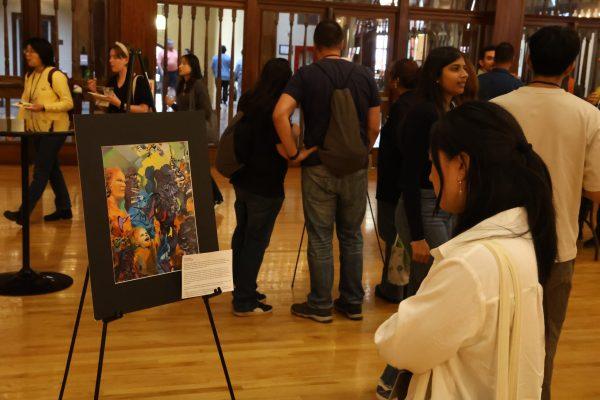
First-time attendees Sanjana Razzaque and Alisha Saeed said the speakers left a strong impression on them.
Emily Eisenhart’s talk, “The Power of Everyday Creativity,” which explored her experiences as an artist working at the intersection of nature and the urban environment, stood out to Saeed.
“Creativity isn’t something we outgrow,” Eisenhart said. “We just lose touch with it, but it’s always there waiting for us to look up, to look closer, to give it permission to come out and play, and if you do, you just might see the world differently.”
Eisenhart discussed her work on public art projects, such as murals and interactive installations. She highlighted how observation can foster connectivity with both nature and other people, and concluded by urging the audience to find a small way to be creative. She emphasized even the smallest acts can shift perspectives and enhance awareness.
“The ending of that (talk) was beautiful, where she made us go out in the real world and try to get more creative,” psychology junior Saeed said.
UT assistant professor Jiabao Li’s talk titled “The Power of Menstrual Blood” caught Ranzzaque’s eye.
“I liked the menstrual blood (talk),” said Ranzzaque, a computer science sophomore. “It was very eye-catching and memorable.”
The talk addressed gender imbalances in society and science. Li discussed her research on using menstrual blood stem cells and 3D printing technology to create lab-grown clitorises. She also explored the potential for organ growth through her research, aiming to use menstruation as a tool for medical advancement.
“Now I aim to turn menstruation, a taboo and sometimes disgusting process, into a superpower, a superpower that can aid in making sex pleasurable to victims of genital mutilation, transgender women and intersex women,” Li said.
The conference also included an interactive showcase featuring different startups, organizations and groups — some student-led.
Computer science junior Angelica Sharma, founder of STEMKidz, a computer science and robotics camp for children taught by college students, displayed her startup in the showcase. The organization teaches both hardware and software, focusing on understanding why and how technology works. Sharma said STEMKidz is expanding its curriculum to include artificial intelligence.
The showcase provided Sharma with an opportunity to spread the word to interested parents and prospective students interested in teaching.
“This is all student-led, because students are the forefront of innovation,” Sharma said.

